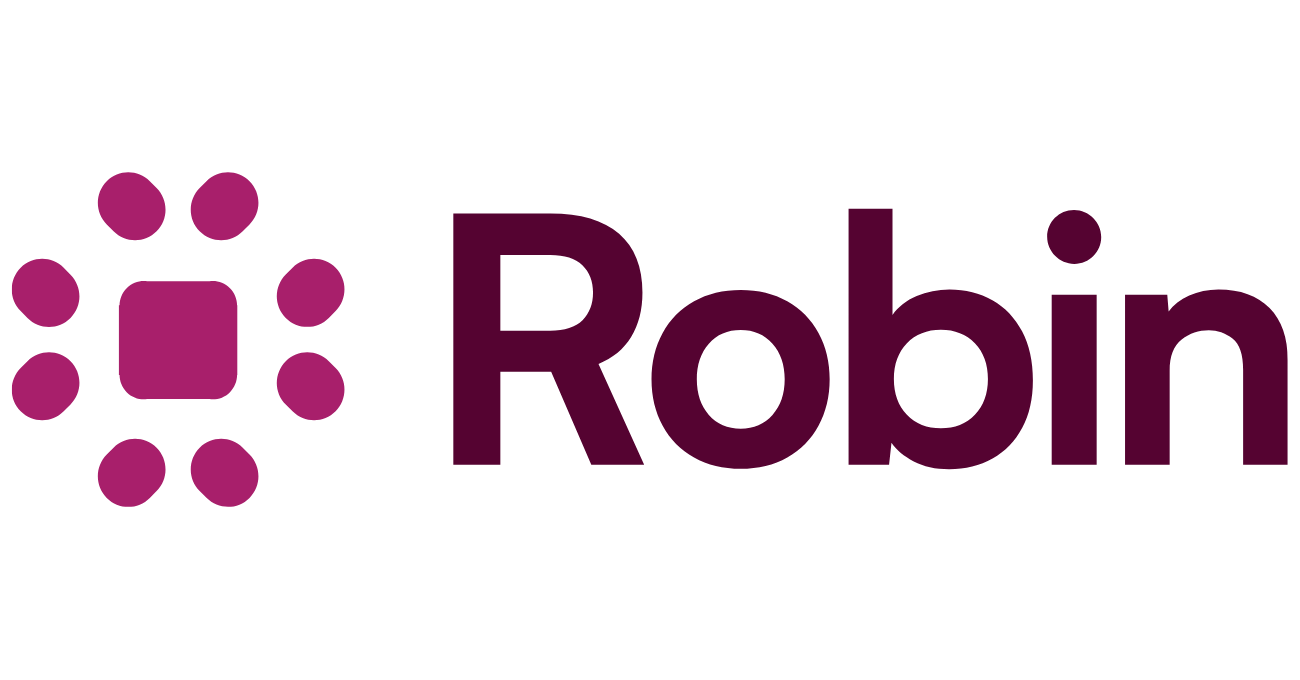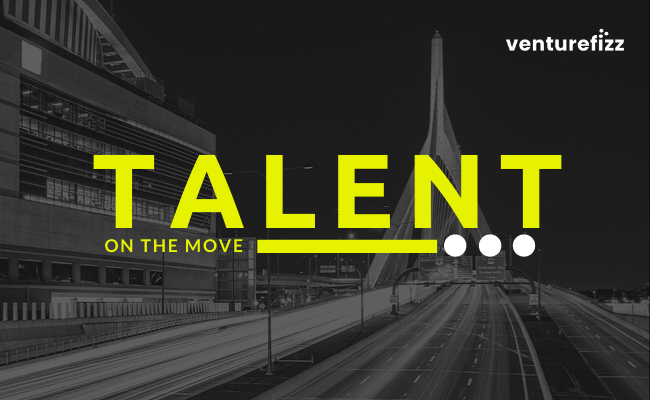About Robin and what they do
So Robin is a Boston based but globally staffed startup, we build software for hybrid workplaces.
Details on Robin's engineering team
What's interesting is the engineering team at Robin keeps growing. So I'm constantly having to go back to our HR system and see how many engineers we have. Today we're at about 42, engineers, working mostly in Boston, but really all around the world. And we're currently looking to hire about 15. More. So pretty sizable growth for the team this year, which is awesome. We organize teams into groups of about five engineers, and we pair up those teams with a designer as well as a product manager. And those teams are kind of given problems to solve. So we focus on my thematic area, maybe for about a quarter, sometimes a little bit longer. And they identify problems, talk to customers, and come up with solutions to those problems. And so the work that we do can be very different month to month, sprint to sprint quarter to quarter. But the thing that really ties it all together is that focus on what customers are trying to do and what problems we can solve for them. And then one sort of interesting thing right now, so all great teams are responsible for coming up with their own names. But they're all currently named after cartoon villains. So if you've ever wanted to work on Team Bumrah, or team, she go, Robin's device for you.
Cool projects engineers get to work on
One of my favorite things about Robin is that we really do get to dog food, our own product every day. So if you think about this new world that we all live in, where everyone is sort of transitioning to hybrid or remote work, there are just all these new challenges and things to figure out. And as employees of a startup, we have the same challenges. So we get to, think of the kind of what our biggest problems are, and then come up with solutions. So if you think about, for example, going into the office, only to find that no one is there, and being stuck on Zoom calls, but from the office all day and sort of the waste of time, and all the hassle that goes with that. So, you know, imagine having a tool like Robin that can really help you understand who's going to be in not just on your team, but sort of across the whole company. So you can make sure that when you are going into the office, you're maximizing the impact of that commute in. And so those are the types of problems that we're thinking through. And solving. And, like I said, you know, once we've we've solved that, we get to try them out first and make sure they're working for us. And when we're confident, we think that we're kind of on to something, we then get to roll it out to 1000s of companies all around the world.
Details on the tech stack
Rather than we primarily use JavaScript and Node js, although we're doing more and more with TypeScript on our backend, our front ends are all either reacted or React Native, which is great. So engineers can kind of hop back and forth between mobile and web work. And then we've been more and more leveraging Graph QL as our API layer kind of between the front and back end. And that's been a really great addition to our tech stack, something we added about two years ago. And so we're kind of full steam ahead on Graph QL.
What to expect during the interview process
One of the things that's been great about Robin, my almost four years here is that we spend a lot of time really focusing on individual engineers, and how we can sort of assess where they are, and help them grow and achieve the goals that they have in their career. And so we've taken that same framework and apply it to our interview process. So when someone comes to interview with Robin, we're gonna have sort of separate interviews set up where we can focus on things like technical ability, how they innovate, how they think about complexity, and solving complex problems in simple ways, how we can assess their drive and ownership for problems so that they can sort of take something and get it done end to end. And then also how they communicate and kind of work within a team. And so what's really nice is that by sort of merging those two things, the internal and external view of candidates across a company, we have a single way to talk about things we have, you know, a great way to sort of giving that feedback to candidates. And it all sort of makes sense and fits in well together. And so then even after someone is hired, it's really just a continuation of that process. So the same terms, the same ways of thinking about things apply, if you're in the interview, or if you've been at Robin for you know, three, four, or five years.
Why now is the ideal time to join
So I joined Robin, almost four years ago at this point, which in startup world this is forever, but really just seems like it was yesterday. And I joined after talking to startups all over the board. Did you know I was really looking for the place that I wanted to work for for a number of years? And what really drew me at the end of the day was the people. I mean, these are people that I love working with, I love collaborating with, everyone's really helpful. Everyone wants to sort of do good work and solve real-world problems. And what's been kind of amazing and great is that even though we've more than doubled in size, since that time, we've really been able to sort of not only keep those sort of core values, but also make things better, like we were kind of always improving the way we work, how we work, the way we approach work. And so really, you know, it's sort of it's always been a great time to join Robin, especially if you're someone that wants to be kind of a part of that, that growth and that evolution from a really small startup into a much larger one. That being said, we're also working in a really interesting time. In an industry that's constantly changing. So if you went back in time, two years, no one was really talking about hybrid work. People went into the office every day, it was just what you did. And so now there's all these new Greenfield problems that we get to sort of think through and solve every day, and that makes it really interesting and super exciting.
Transcribed by https://otter.ai





